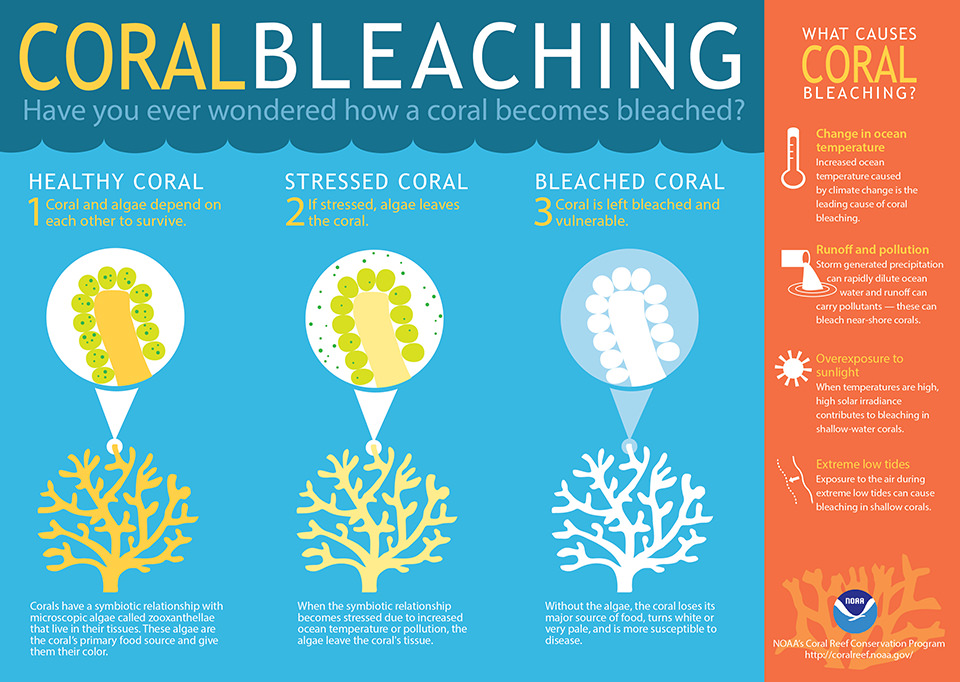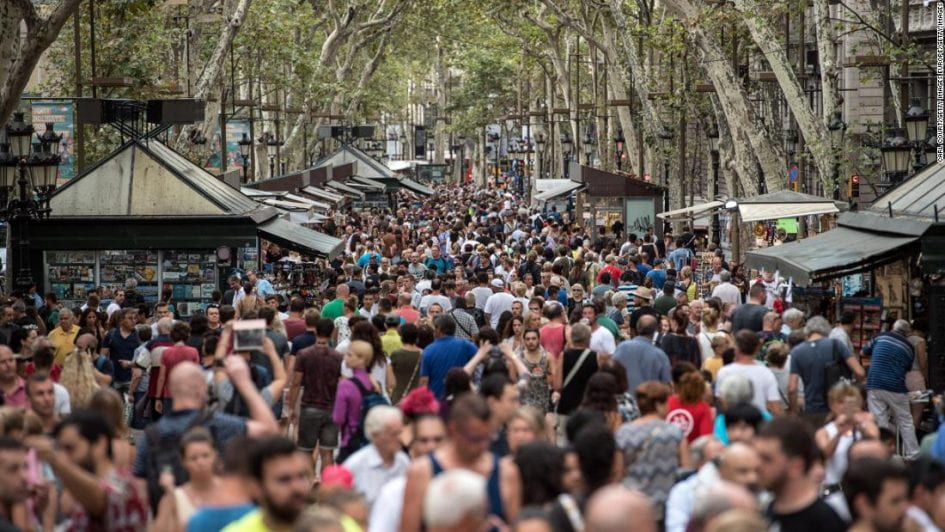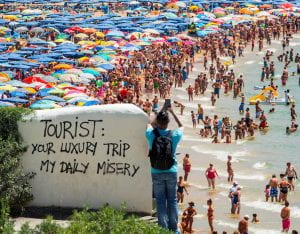Hi urban nomads! Welcome to another issue of the Nomad Chronicles. In today’s post, I will be talking about over tourism and its broader implications on our environment. In a previous post, I had mentioned about the mass tourism and its impacts on places such as Halong Bay. Despite being somewhat similar, they are not to be confused with each other.
Over tourism has been recently introduced into the tourism lexicon. This newly discovered word is so new that according to Collins dictionary, it mentions how “ it is a phenomenon whereby popular travel destinations has been overrun by tourist in an unsustainable waste” (Mihalic et al., 2019).Mass tourism on the other hand entails large groups of people going into the destination. Although both are similar in which they are unsustainable and have many environmental impacts, they fundamentally differ in their definition. Over tourism being about exceeding the carrying capacity of a given location, thereby generating frictions with the natural environment, while mass tourism is more concern with crowding of the place (Mihalic et al., 2019).
In fact, Over tourism are common among tourist destinations. A quick look on Instagram show how instagrammers have created hazards by visiting the poppy supper bloom, or Mona Lisa picture having over 30000 tourist in a single day. (Fun fact: the workers at the museum have threaten to resign due to safety hazards and the fear of safety). An increase in volume of tourist at these destinations often result in pollution, littering and destroying the “ ambience” of such places (Gonzalez et al., 2018).
This new phenomena started out with the proliferation of a global middle class, resulting in a more people being able to travel overseas for leisure (Mihalic et al., 2019). This has not always been the case. In the past, tourism travel was often short distance and often for religious purpose ( covered in a previous blog post). However, it is only in the recent decades where traveling for leisure has become the new norm; where a visit to Disneyland is not something foreign (Gonzalez et al., 2018).
The use of Air B&B and cheap budget airlines (such as Jet star, Ryan Air) have in fact resulted in travelling being more affordable for the masses. However, this has created frictions between “host” and guest whereby both parties feel that the experience they deserve have been “compromised”. For example, in Venice, the waterways have become polluted due to the boats used to shuttle the tourist have therefore resulted in decline in water quality, affecting the residents (Host) . Here, the . conflict arises when the residents have to cope with the declining water quality. In the case of Air BnB, conflict can arise when the houses are reserved for tourist instead of locals, generating friction between each other.
However, these measures can be easily mitigated with proper regulations. What is harder to tackle is the rise of climate change. The increase in flights , cruise ships have resulted in environmental impacts on our earth, such as the increasing temperature and erratic weather patterns (Séraphin et al., 2018). This has resulted in in our ice caps melting at an exponential rate, as shown in the video below. Global warming can also increase ocean acidification as the oceans readily take up the Co2 in the atmosphere, resulting in the formation of carbonic acid. This harms the marine organisms who are PH sensitive like corals.

An infographic of Coral Bleaching due to ocean acidification
The impacts are only expected to rise as the growing middle class continue to demand for these services. However, the fault does not solely lie on the tourist. Large corporate conglomerates also play a vital role in ensuring that there is a more efficient method of travel as we progress in to a “carbon free” future.
To conclude, the evolution of over tourism form mass tourism highlights the pervasiveness of the issue of unsustainable tourism. As tourist flock to destinations which are already overcrowded and overpopulated to satiate in their “ wanderlust”, they fail to recognize the irony of their actions. they are inevitably altering the experiences of visiting something such that they ruin the very experience they were trying to have. Perhaps the next time you decide to visit such popular sites, do note that your actions have serious consequences on the environment.
Video on over tourism
References
Kuščer, K., & Mihalič, T. (2019). Residents’ attitudes towards overtourism from the perspective of tourism impacts and Cooperation–The case of ljubljana. Sustainability (Basel, Switzerland), 11(6), 1823. doi:10.3390/su11061823
Séraphin, H., Gladkikh, T., & Vo Thanh, T. (2020). Overtourism: Causes, implications and solutions (1st 2020. ed.). Cham: Springer International Publishin
Muler Gonzalez, V., Coromina, L., & Galí, N. (2018). Overtourism: Residents’ perceptions of tourism impact as an indicator of resident social carrying capacity. Tourism Review (Association Internationale d’Experts Scientifiques Du Tourisme), 73(3), 277-296. doi:10.1108/tr-08-2017-0138




